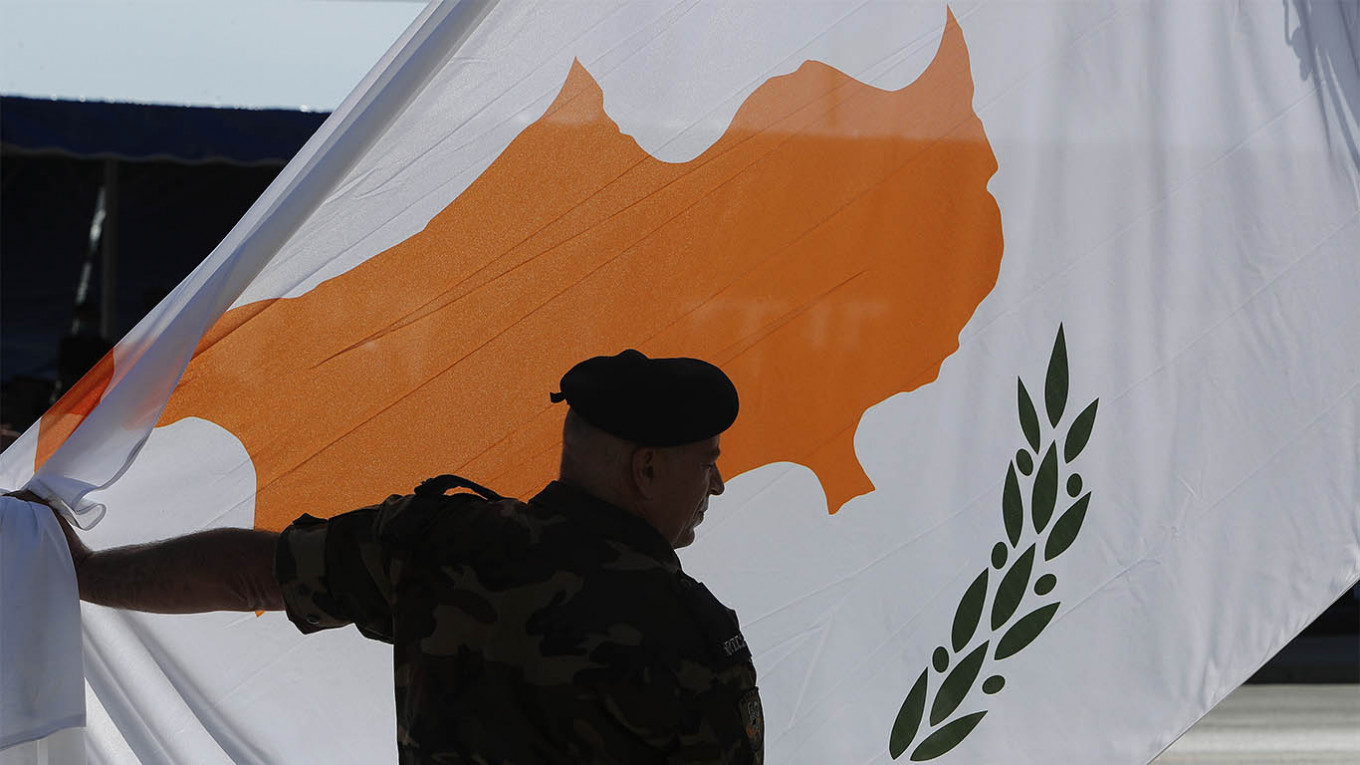Cyprus will cancel its controversial golden passport scheme, a government spokesperson said Tuesday in a surprise announcement.
The citizenship-for-investment program had attracted thousands of wealthy investors who received Cyrpiot passports in exchange for multi-million euro investments into the economy of the Mediterraneam island, which is an EU member.
The program will be scrapped from Nov. 1, the Cypriot government confirmed in a statement Tuesday. Ministers were forced to confront the latest public scandal regarding the golden passport program in an emergency cabinet meeting Tuesday morning after news agency Al Jazeera published videos Monday which allegedly showed senior Cypriot officials discussing how to get a passport for a convicted criminal.
The Cyrpriot government said the cancellation was due to “abusive exploitation of the provisions of the program.”
Rich Russians have enthusiastically taken up the golden passport offer in recent years. A separate investigation by Al Jazeera found that more than 1,000 wealthy Russians obtained a Cyrpiot passport between late 2017 and 2019. Over that period, Russians accounted for more than half of all applications.
But the initiative has long proved controversial both in Cyprus and abroad. It was criticized by the EU when it was rolled out for conditions which were seen as too lax. The island also moved to ban advertising the initiative, which had become a lucrative business line for Cyprus’ plethora of professional services firms. Last year, it revoked 26 passports — including from nine Russian citizens — which it had issued under the program.
The cancellation will be the latest dent in Cyprus’ attractiveness as a destination for Russian businesses after Moscow forced Nicosia to revise a popular double tax treaty which allowed Russian firms to send profits to their Cypriot headquarters at ultra-low tax rates. A new 15% withholding tax on dividends paid from Russia to the Mediterranean island will come into force next year.
A Message from The Moscow Times:
Dear readers,
We are facing unprecedented challenges. Russia's Prosecutor General's Office has designated The Moscow Times as an "undesirable" organization, criminalizing our work and putting our staff at risk of prosecution. This follows our earlier unjust labeling as a "foreign agent."
These actions are direct attempts to silence independent journalism in Russia. The authorities claim our work "discredits the decisions of the Russian leadership." We see things differently: we strive to provide accurate, unbiased reporting on Russia.
We, the journalists of The Moscow Times, refuse to be silenced. But to continue our work, we need your help.
Your support, no matter how small, makes a world of difference. If you can, please support us monthly starting from just $2. It's quick to set up, and every contribution makes a significant impact.
By supporting The Moscow Times, you're defending open, independent journalism in the face of repression. Thank you for standing with us.
Remind me later.






